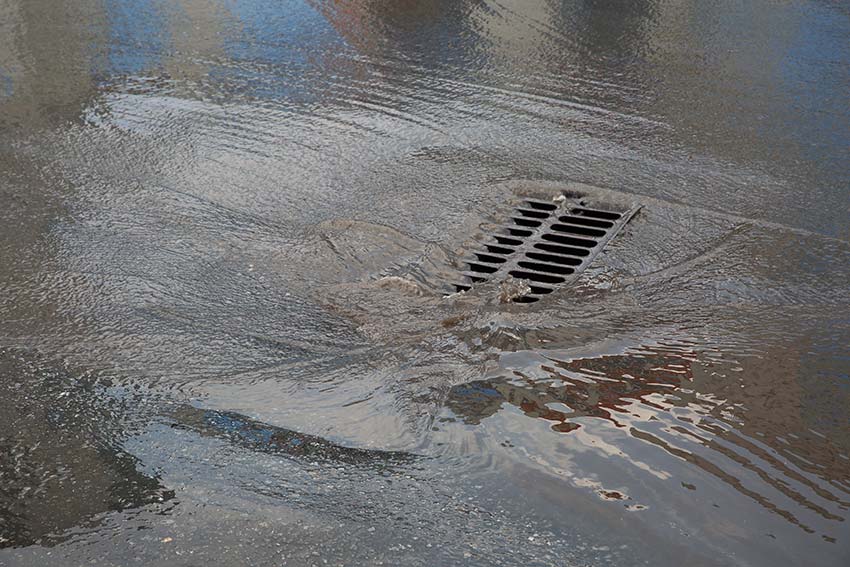Few cities in the world can rival Seattle’s combination of money and brain power. It’s a town where the world’s two richest men live within walking distance. Amazon and Microsoft and hundreds of other leading tech companies call this region home, driving the economy and influencing the way we live. Could this same corporate culture also find a way to clean up Puget Sound?
That’s the question behind The Nature Conservancy’s Water 100 Project. The project, with the input of scientists and policymakers and support from Boeing, is curating a list of 100+ innovative ways to curb water pollution in the Puget Sound region. The goal is to enlist the help of Puget Sound’s tech industry to tackle problems ranging from stormwater runoff to sewage spills.
It’s hardly a new idea to reach out to Puget Sound’s corporate leaders, says The Nature Conservancy’s Jessie Israel who conceived of the project. Many tech giants have been signaling their interest in protecting the environment for some time. In 2020, Amazon’s CEO Jeff Bezos pledged $10 billion to fight climate change. Microsoft has pledged to be ‘carbon negative’ by 2030 and other corporate giants like Google have made similar pledges. But identifying specific projects and where to direct the money has often proved difficult. Some argue that the tech giants need help finding where the biggest problems are and where their type of expertise can do the most good.
“Problem definition is critical,” according to Israel. “You really need that if you’re going to engage with the corporate community.”
Israel got the idea for the Water 100 Project after hearing about the book “Drawdown” by Paul Hawken which addresses a ranked list of ways to combat climate change. She had been hearing about that book from many in the corporate world and wondered if her group could do the same thing with water. After reaching out to Boeing and other collaborators including the Puget Sound Partnership, the project began to take off.
“We have these chronic challenges here in Puget Sound, and we haven’t always figured out how to articulate them in a way that invites investment and new ways of innovation,” Israel says. “That’s part of what we’re trying to do with this project.”
Israel cites as one example an EPA-sponsored study that looked at the potential costs of reducing stormwater in King County. That study examined the price tag for completely removing the impact of all untreated stormwater, one of Puget Sound’s greatest sources of pollution. The study was partly a thought experiment designed to imagine what it would take to return the entire region to an unlikely ‘pre-development’ condition. The potential costs were staggering, reaching into the hundreds of billions of dollars. But Israel says there was a ray of hope.
Even in this extreme case — a scenario beyond what experts say would be needed to maintain a relatively healthy Puget Sound — “two-thirds [of the costs] were for operations, inspection and monitoring,” Israel says. “So, we had a government study that basically said we needed two-thirds of hundreds of billions of dollars to have humans do the monitoring and inspection of a decentralized network of raingardens and treatment facilities. This is in a world where we have technology solutions that can tell you if you’re out of eggs in your refrigerator or what the traffic is looking like at an intersection in Maple Valley.”
Solving this problem might be right in the wheelhouse for local tech companies, Israel says. “We have some pretty extreme remote sensing technologies available to us right now, and yet the private sector is not being asked to deploy those technologies to solve chronic government problems that are driving up the cost for all of us.” It is just one example of a hundred, she says.
So far, the project is in its early stages, but Israel hopes that eventually the Water 100 Project can be turned into a book similar to “Drawdown.” A full list of partners and advisors on the project — included among those are our director Joel Baker and PSI-affiliated scientists Ed Kolodziej and Stefano Mazzilli — is available at water100project.org.
